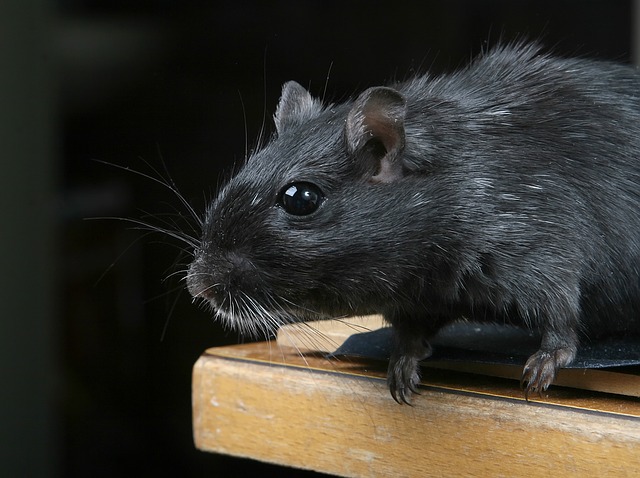Rats have been spreading disease in a building in the Bronx, killing one person and infecting at least two more.
According to the local Health Department, two patients were diagnosed with leptospirosis in December, and another one in February. Residents of 750 Grand Concourse in the Bronx are reportedly angry at not being informed of the problem, and are demanding that something be done, CBS News reports.
Leptospirosis is a bacterial infection most commonly spread by rat urine. People who come into contact with any contaminated surface are at risk of contracting the disease.
One of the infected residents, a 43-year-old man, has been treated with antibiotics and is currently recovering. Health officials have released a statement saying,
This illness can be serious but is treatable with readily available antibiotics.
According to people living in the building, the rats have been an issue for years, and nothing has been done. Florence Howard, one of the residents, said, “They run from underneath your stove, your refrigerator, my apartment is very clean, but it just doesn’t matter. There’s just holes where they find their way in.”
Howard and the rest of the tenants have complained repeatedly. She added, “There’s a lack of concern about the building, there’s a lack of concern with the super and the landlord.”
The Health Department says there are typically one to three cases of leptospirosis in New York City every year. While it is rarely spread through person-to-person contact, it can prove fatal if not immediately treated.
The bacteria enters the body through open cuts and wounds, or through the nose, eyes or mouth. Some people may not show any symptoms, but common signs of infection include fever, chills, headaches, muscle aches, vomiting and diarrhea. In extreme cases, leptospirosis can cause kidney and liver failure.
Health officials said they are now trying to address the problem, and will be holding a meeting for tenants to solve it.
























